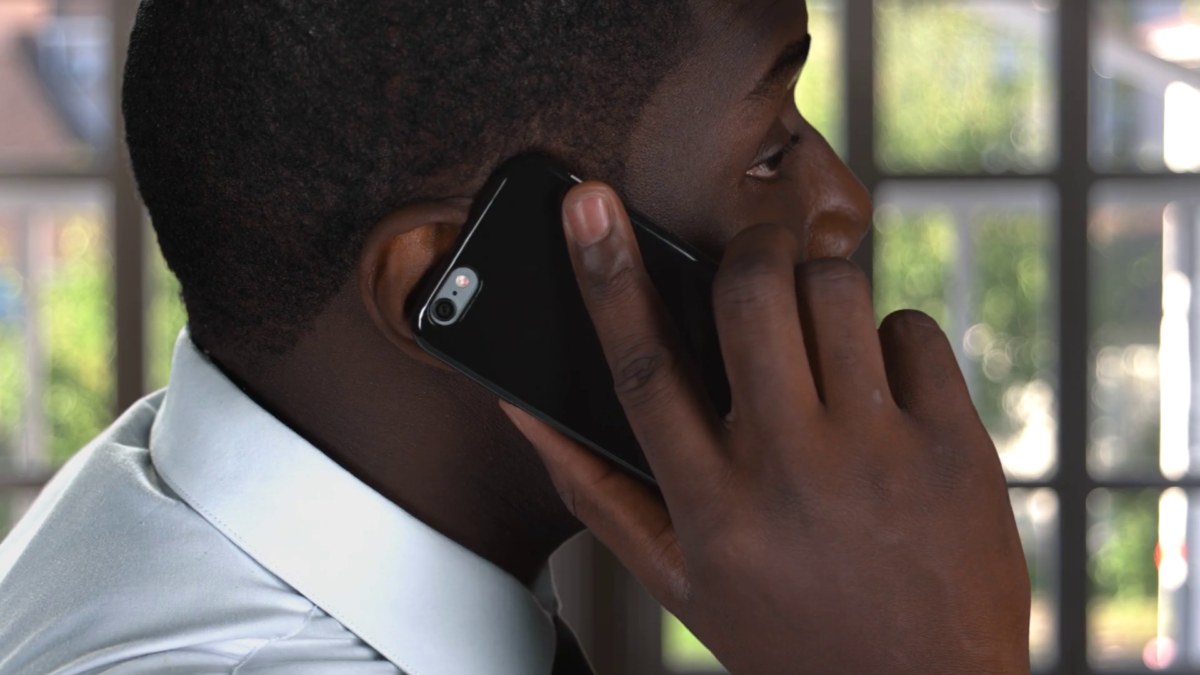Lifestyle
Why Talking On Phone For 30 Minutes Is Dangerous, New Study Reveals

Talking on mobile for 30 minutes or more per week is linked with a 12 per cent increased risk of high blood pressure, says new study published by European Society of Cardiology (ESC).
The findings of the study published in European Heart Journal – Digital Health, a journal of the ESC, were posted on ESC Website on Friday.
The study authored by Prof. Xianhui Qin of Southern Medical University, Guangzhou, China, said that it was wise to keep mobile phone calls to a minimum to preserve heart health.
“It’s the number of minutes people spend talking on a mobile that matters for heart health, with more minutes meaning greater risk.
“Years of use or employing a hands-free set-up had no influence on the likelihood of developing high blood pressure.
“More studies are needed to confirm the findings,” he said.
Qin noted that about three-quarters of the global population aged 10 and over own a mobile phone.
“Nearly 1.3 billion adults, aged 30 to 79 years worldwide, have high blood pressure (hypertension),” he said.
Hypertension, also known as high or raised blood pressure, is a medical condition in which the blood vessels have persistently raised pressure.
“Hypertension is a major risk factor for heart attack and stroke and a leading cause of premature death globally.
“Mobile phones emit low levels of radiofrequency energy, which has been linked with rises in blood pressure after short-term exposure.
“Results of previous studies on mobile phone use and blood pressure were inconsistent, potentially because they included calls, texts, gaming, and so on,” Qin said.
Qin said the study examined the relationship between making and receiving phone calls and new-onset hypertension, using data from the UK Biobank.
According to him, 212,046 adults aged 37 to 73 years without hypertension were included in the study.
He said information on the use of mobile phones to make and receive calls was collected through a self-reported touchscreen questionnaire at baseline.
ALSO READ: Study To Reactivate Shut-In Wells At Report Writing Stage – NUPRC
“Including years of use, hours per week, and using a hands-free device or speakerphone.
“Participants who used a mobile phone at least once a week to make or receive calls were defined as mobile phone users.
“The researchers analysed the relationship between mobile phone usage and new-onset hypertension after adjusting for age, sex, body mass index, race, deprivation, family history of hypertension.
“Others include education background, smoking status, blood pressure, blood lipids, inflammation, blood glucose, kidney function and use of medications to lower cholesterol or blood glucose levels,” he said.
He also said the average age of participants was 54 years, while 62 per cent were women and 88 per cent were mobile phone users, respectively.
Qin said during a median follow-up of 12 years, 13,984 constituting seven per cent of participants developed hypertension.
He noted that mobile phone users had a seven per cent higher risk of hypertension compared with non-users.
“Those who talked on their mobile for 30 minutes or more per week had a 12 per cent greater likelihood of new-onset high blood pressure than participants who spent less than 30 minutes on phone calls.
“The results were similar for women and men.
“Participants who spent less than five minutes per week making or receiving mobile phone calls, weekly usage time of 30-59 minutes, one to three hours, four to six hours and more than six hours were associated with an eight per cent, 13 per cent, 16 per cent and 25 per cent raised risk of high blood pressure, respectively,” he said.
Send Us A Press Statement Advertise With Us Contact Us
And For More Nigerian News Visit GWG.NG













